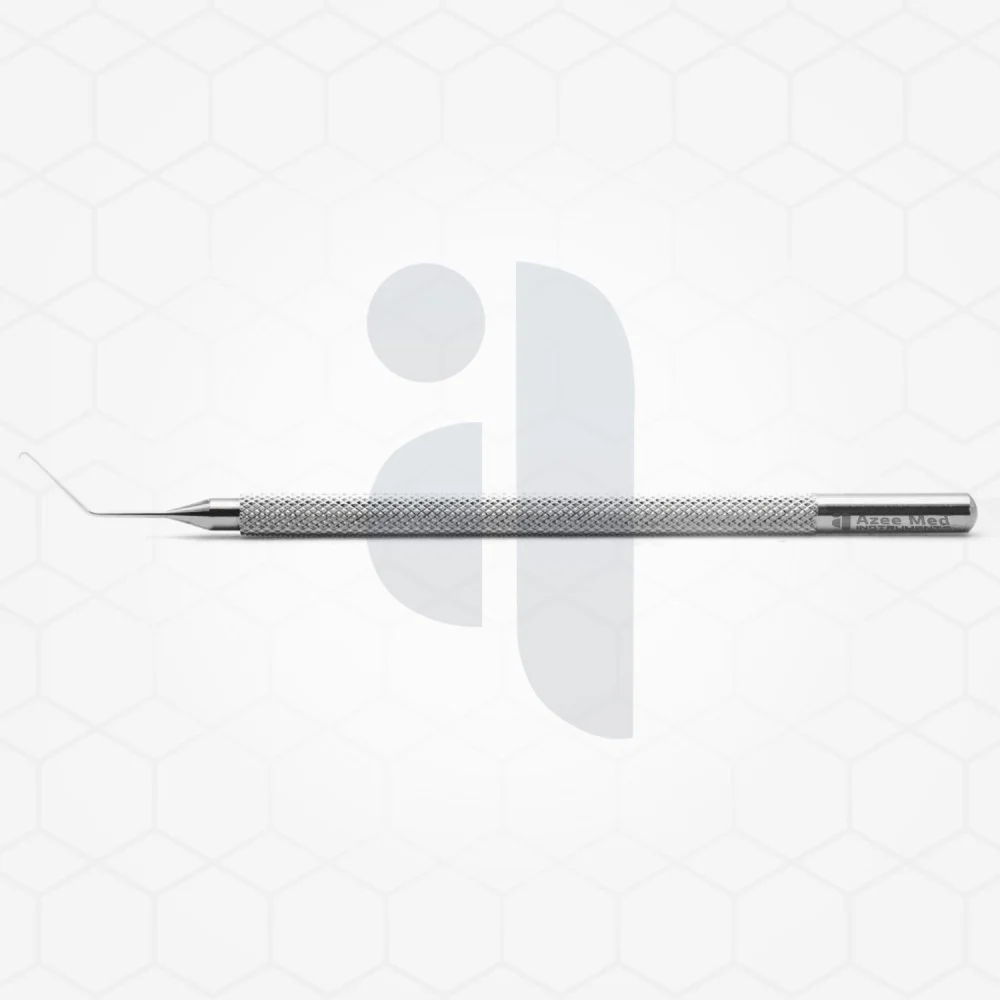Surgical procedures demand precision, skill, and a seamless process from start to finish. While much attention is given to the surgical instruments themselves, the role of ancillary supplies is often overlooked. These ancillary supplies items play a crucial part in maintaining efficiency, safety, and operational success in the operating room. Understanding their importance can ensure better outcomes for both medical teams and patients.
The Importance of Ancillary Supplies
Ancillary supplies are the backbone of any successful surgical setup. They are the supportive tools and consumables that ensure surgical instruments work effectively throughout a procedure. Items like sterilization pouches, instrument trays, cleaning brushes, and lubricant sprays for hinges are examples of such supplies. These materials prolong the life of surgical equipment and support their proper functionality when it matters most. Without these supplies, even the most advanced instruments could face issues like diminished performance, contamination, or unnecessary wear and tear. For instance, surgical instruments require thorough cleaning after every use. Neglecting this step, or using inappropriate cleaning solutions, can lead to corrosion or retained bio-burden, putting patient safety at risk. Ancillary supplies ensure that such problems are proactively avoided.
Enhancing Sterilization and Maintenance
The sterilization process is a critical step in preparing surgical instruments, and ancillary supplies streamline every part of it. Sterilization wraps, chemical indicators, and disinfectant wipes help guarantee that instruments meet sterile conditions. Beyond sterilization, the proper maintenance of instruments hinges on the use of ancillary products like instrument cleaning brushes or antimicrobial sprays. These supplies prevent accumulated debris while also protecting against microbial growth, making them indispensable for healthcare facilities.
Additionally, proper organization is key to a smooth workflow. Ancillary supplies like tray liners and instrument organizers ensure that all tools are labeled, stored, and transported systematically. This not only promotes efficiency but also reduces the stress and delays that can arise from misplaced or improperly sorted instruments.
Reliability in High-Stress Situations
During surgical procedures, time is of the essence. Medical teams cannot afford malfunctions caused by a lack of preparation or subpar maintenance. Ancillary supplies provide a safeguard against instrument failure. For instance, applying maintenance oils to surgical scissor hinges prevents stiffness and guarantees precision in every cut. The use of appropriately designed sterilization cassettes also ensures instruments remain sterile during transport, significantly reducing contamination risks in emergency or high-stakes surgeries.
When hospitals and surgical centers invest in high-quality ancillary supplies, they are effectively investing in the success of their procedures. From pre-operation preparation to post-operation sterilization, these materials support every step of the surgical process. They create a structured system where every instrument performs its role without interruption or compromise.
Modern Innovations in Ancillary Supplies
The advancement of technology has further refined ancillary supplies to suit the evolving needs of the medical field. For instance, modern ultrasonic cleaning devices used with enzymatic cleaning solutions have replaced traditional manual cleaning methods for precision and thoroughness. Other innovations such as self-sealing sterilization pouches and advanced lubrication sprays provide additional convenience without sacrificing safety or quality. These advancements not only save time but can dramatically reduce costs over time. Well-maintained surgical instruments driven by the right ancillary solutions have longer lifespans, minimizing the need for frequent replacements. Hospitals and surgical centers benefit from these cost savings while maintaining the highest level of care.
A Cleaner, Safer Future
Ancillary supplies for surgical instruments may often go unnoticed, but their significance is undeniable. They bridge the gap between the initial preparation and the successful completion of a procedure. By ensuring instruments remain clean, functional, and organized at all times, these supplies uphold the integrity of the operating room. For hospitals, clinics, and medical suppliers alike, prioritizing these essentials is key to achieving the highest standards of healthcare. Ensuring proper investment in the best ancillary supplies available is a step towards safer, faster, and more efficient surgical environments. Make them a priority, and pave the way for excellence in patient care.





Comments